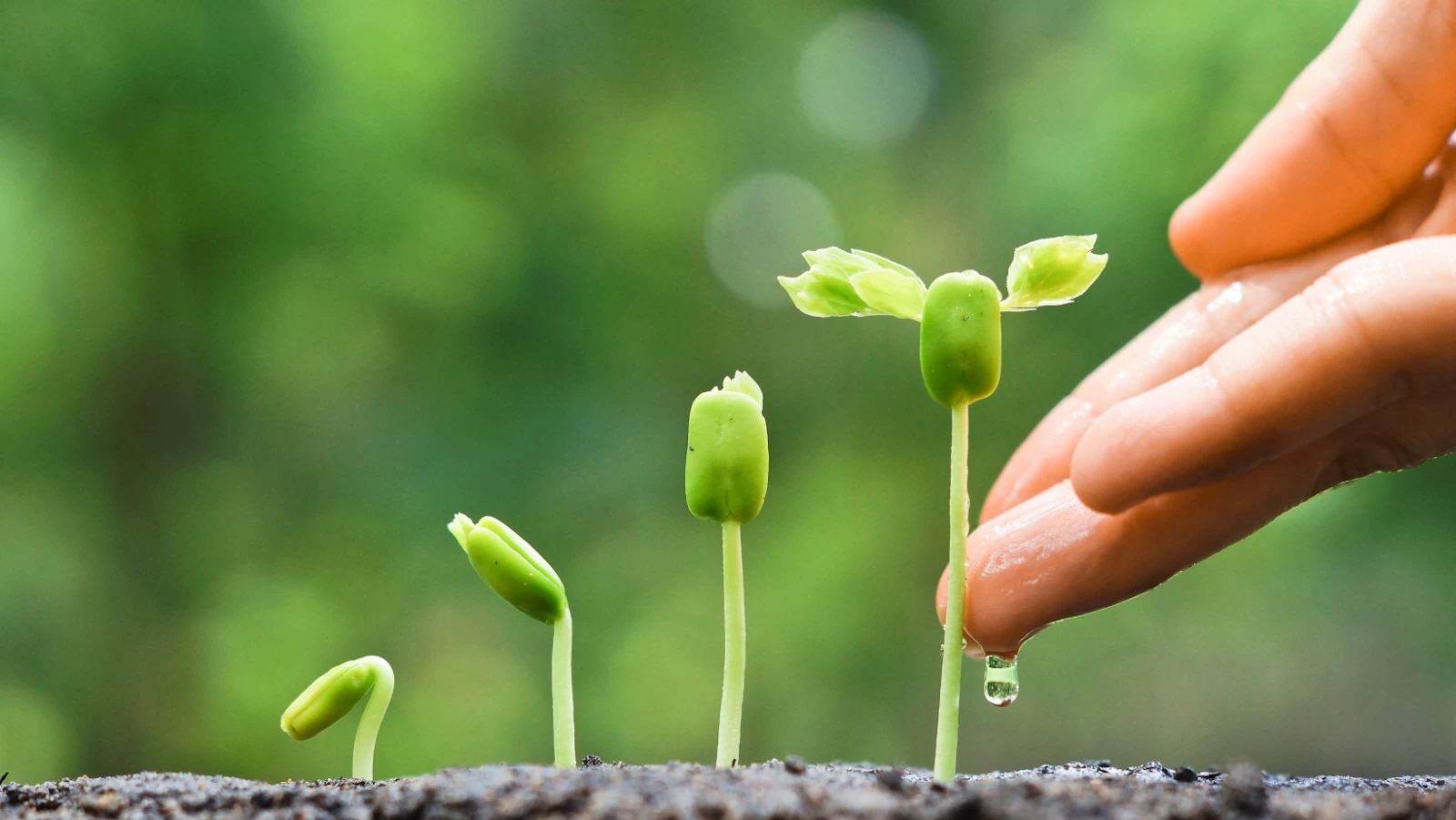Climate change has become a growing concern over the past few decades, particularly for farmers who must suffer the effects of extreme weather conditions, increased precipitation, and shifting seasons to maintain their livelihoods against these forces of nature. According to Mike Straumietis, Founder and CEO of Advanced Nutrients, these factors, directly and indirectly, affect plant growth. Large populations become vulnerable to the adverse effects of food scarcity and rising market prices when there is a threat to plant growth.
Factors Affecting Plant Growth
Difficulties in plant cultivation frequently arise as a result of unfavorable environmental factors. For example, inadequate water supplies, diseases, or insect attacks can all cause ecological stress. Understanding how these variables interact can help farmers and growers better understand how to overcome obstacles that interfere with the growth and development of plants. Mike Straumietis advises that combating these factors is essential to cultivating a high-yield crop and achieving a profitable harvest each year.
Climate Change Consequence: Extreme Temperatures
As previously mentioned, temperature is one of many factors affecting plant growth. Due to climate change, global temperatures are expected to gradually increase each year. Events that occur as a result of extreme temperature and weather conditions can have adverse effects on pollination. Pollination is a phenological stage that is incredibly sensitive to temperature extremes throughout all species. To cope with this sensation, some farmers choose plants that shed pollen during the cooler times of the day so that flowering can take place over an extended period during the growing season. Unseasonably warm temperatures affect development during the reproductive stage, reducing grain yield in maize by 80 to 90 percent compared to normal climate conditions.
The effects of extreme temperatures are escalated by excess soil water and water deficits, explains Mike Straumietis. These only strengthen the importance of understanding how all environmental factors interact in order to create strategies to help growers cope with the consequences of climate change.
A Dive into Environmental Factors Affecting Plant Growth
According to Mike Straumietis, temperature impacts nearly all plant functions, including photosynthesis, respiration, transpiration, flowering, and germination. When temperatures reach a certain point, these essential processes are exacerbated to the detriment of the affected vegetation. Depending on the type of plant, the effects of temperature can either hasten or delay a plant’s transition from vegetative to reproductive growth. In fact, some farmers use a combination of day length and temperature to manage flowering. Certain crops require less energy while growing and store more sugar at cold temperatures. The daily variations in temperature are referred to as the thermoperiod. Plants flourish the best when daytime temperatures are 10 to 15 degrees higher than those at nighttime. In such circumstances, plants build up (photosynthesize) and break down (respire) during the ideal daytime temperatures with peak efficiency.
Another significant factor in plant growth is light. The three fundamental aspects of light regarding agriculture are quality, amount, and duration. The amount of light present determines the concentration or intensity of sunlight, which varies according to the season. The most light is released during the summer, while the least is available during the winter. A plant can create more food through photosynthesis the more sunshine it receives, but only to a certain point. White backgrounds, artificial lights, and shades may all affect the light quantity.
Water, humidity, and nutrition are the other significant environmental factors that affect plant growth. Water and humidity ensure plant tissues become full and firm during photosynthesis. Water manages the turgor in plant cells, which is a measure of the internal pressure between the membrane and cell wall. Finally, nutrition provides crops with the essential chemical elements responsible for their growth.
Mike Straumietis and Advanced Nutrients on Fertilization and Plant Nutrition
Mike Straumietis and the expert team of Ph.D.-level researchers and scientists at Advanced Nutrients have created a wide range of next-generation solutions that nurture crops at every step of their life cycles to achieve their full genetic potential. In addition, they have developed the first and only full-growth system that optimizes each stage of the vegetative and flowering cycles. Mike Straumietis and Advanced Nutrients’ commitment to delivering life-giving essentials has helped thousands of individuals worldwide.
